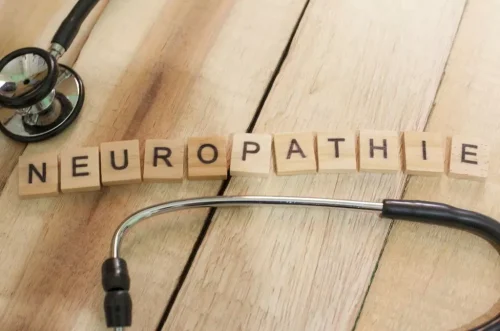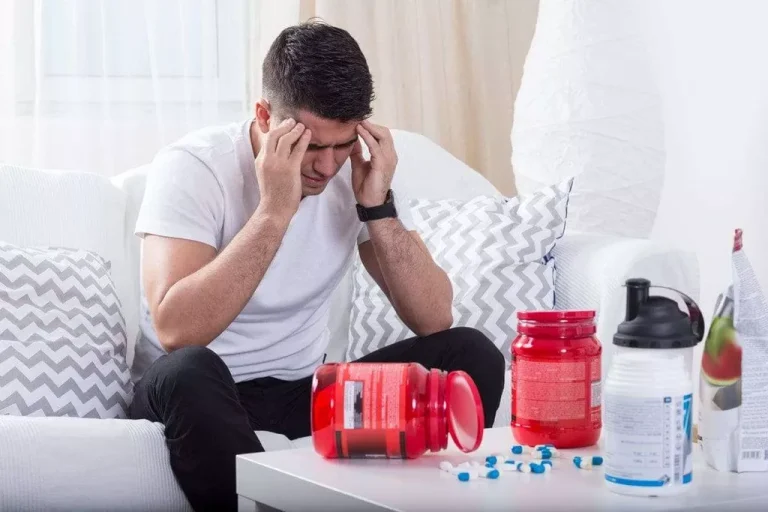
Usually, alcohol withdrawal symptoms occur within 12–24 hours after stopping alcohol and can last 2–10 days. The Recovery Village Atlanta offers comprehensive addiction treatment for drug and alcohol addictions and co-occurring mental health conditions. Educate yourself on potential withdrawal symptoms and have a support system in place.
Withdrawal and Safety When Tapering Off Alcohol

Support groups such as Alcoholics Anonymous (AA) or sober living houses can help you get connected with peers who are going through the same journey as you are. A final strategy to assist with an alcohol taper is to get a good network of peer support. Replacing alcoholic beverages with non-alcohol drinks is a great method of helping during a taper. By substituting alcoholic drinks for non-alcoholic drinks, you can still engage in most of your habit without getting the alcohol that makes it addictive. This can taper you off alcohol while still helping you keep up with your normal drinking routine, making the process easier. Weaning off alcohol involves gradually decreasing the amount of alcohol you drink.
Lincoln Recovery

You may be able to detox at home and recover from alcoholism with the help of support groups such as Alcoholics Anonymous. However, medically supervised detox and professional rehab are more likely to help you maintain long-term sobriety. This is why it’s always best to find some form of long-term support in sobriety. Support groups, from Alcoholics Anonymous to SMART Recovery, are one free way to find a community of people on the same journey. There are also a number of anti-craving medications to help you avoid drinking again, or even help with your tapering process. Finally, finding a therapist or a recovery coach can help you develop new coping mechanisms and move forward in your life.
Tapering Off Alcohol: Weaning Off Alcohol to Avoid Withdrawal Symptoms
You might also hold onto a nonalcoholic drink instead, ask a friend to support you in difficult situations or simply exit early if temptation gets too strong, the NIAAA suggests. You don’t have to leave the house to get how to taper off alcohol support from other people who understand and respect what you’re trying to do. However, certain food groups also have benefits when it comes to helping with the discomfort of withdrawal symptoms and detoxification.
Decreased Risk of Alcohol-Related Death
- Alcohol is likely the most widely used recreational substance in the world.
- Various treatment programs are available to help you recover from addiction.
- Seeking help as early as possible during the withdrawal process is the best way to stay safe as you cleanse your body of alcohol.
It can mean more time for your other interests, and even new interests. More time to meet new people, catch up with old friends and try new things. There are a range of symptoms you can experience when you stop drinking.
To lower your risk of these side effects, only use Ativan exactly as prescribed by your doctor for alcohol withdrawal. Your doctor may gradually lower your Ativan dose over time until it’s safe for you to stop taking the medication entirely. If you have questions or concerns about how Ativan could affect you, talk with your doctor. For some people who consume alcohol, tapering just doesn’t work.

Finally, not every problem drinker needs to quit completely, or attend an “abstinence only” rehab center. Some people find it easier to stick to healthy habits if they are able to have a beer or two on occasion. This eliminates the tension around “relapse” and makes them feel less socially isolated. If you want to stop drinking without rehab, one of the best tools at your disposal may be your smartphone.
- Tapering is also a strategy used by people with a substance or alcohol use disorder (AUD).
- For people who moderately consume alcohol, tapering off may be a good option.
- Expect to feel some discomfort, including anxiety, sweating or irritability.
- Getting professional treatment and long-term support are two of the most valuable strategies for avoiding relapse.
- Rather than consuming back to back alcohol-filled drinks, you are replacing some with a non-alcoholic beverage.
- If you experience dangerous signs such as high blood pressure, racing heart, or arrhythmias, slow your taper and seek assistance.
For severe allergic reaction symptoms, such as swelling or trouble breathing, call 911 or your local emergency number right away. These symptoms require immediate medical care because they can become life threatening. If you’ve had a serious allergic reaction to Ativan, your doctor may recommend taking a different medication instead. How often you’ll take Ativan for alcohol withdrawal depends on the form and dosing schedule you’re prescribed.

Prepare for potential alcohol detox
To stop drinking alcohol, you first need to understand your relationship with drinking. From there, you may need social support, consistent self-care, and new routines that can help redirect your mind. Therapy can help you understand why you drink and learn new habits so you can live a healthy lifestyle that doesn’t rely on alcohol as a crutch. It can also help you gain a new perspective as you consider how your life will change without alcohol. Withdrawal usually begins 6 to 8 hours after the last drink and peaks within 72 hours.
